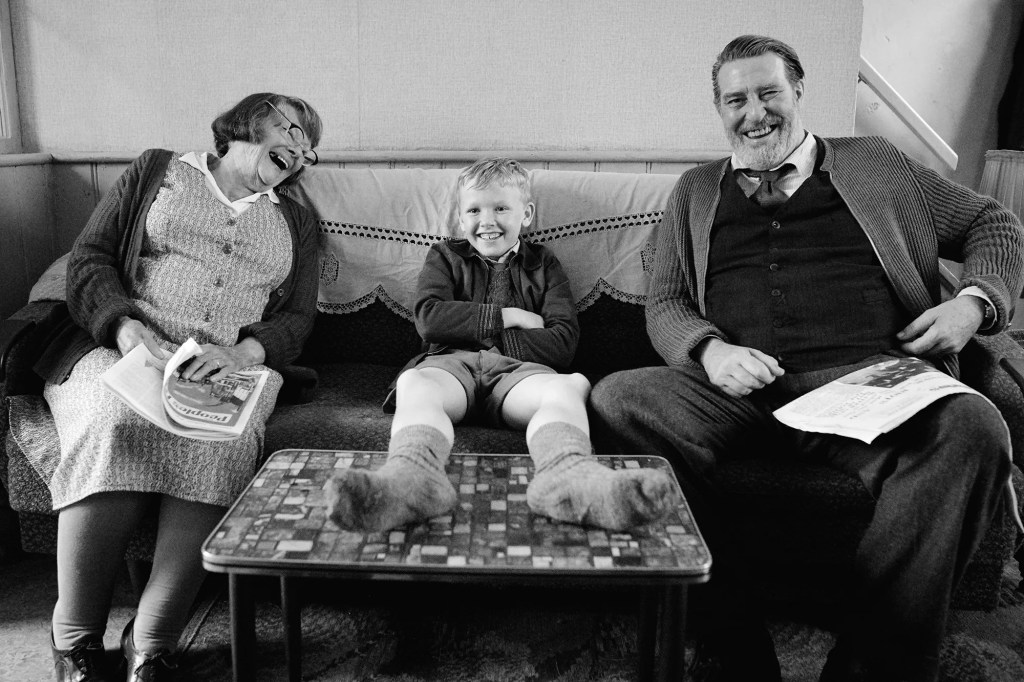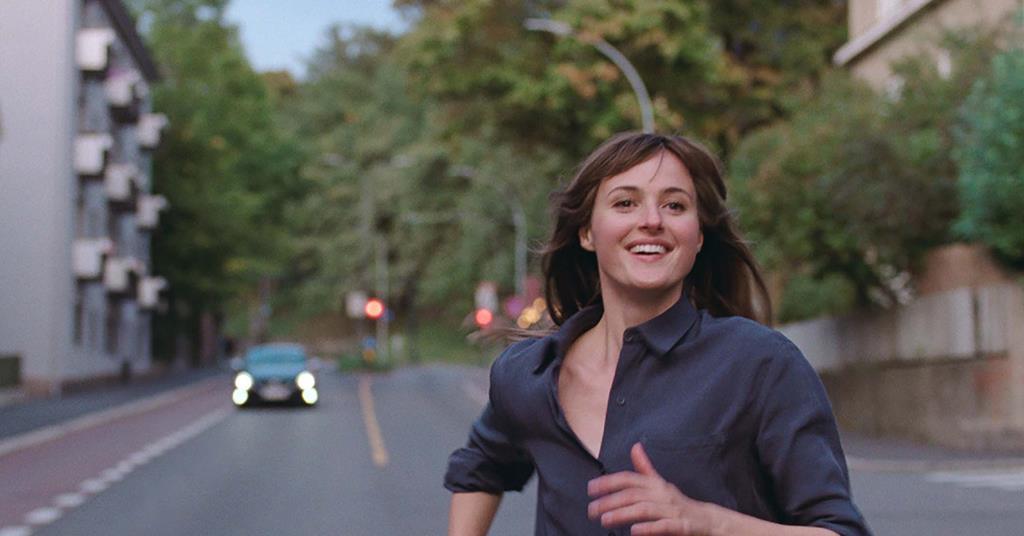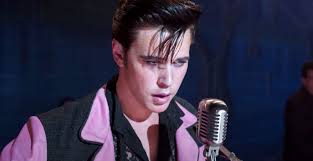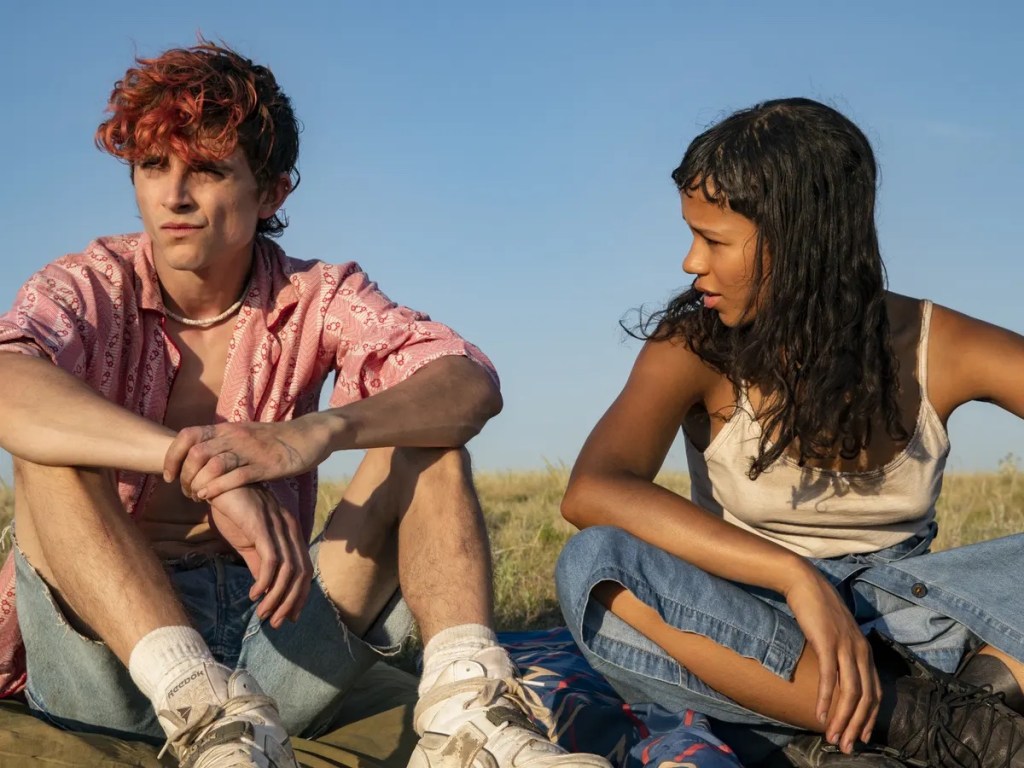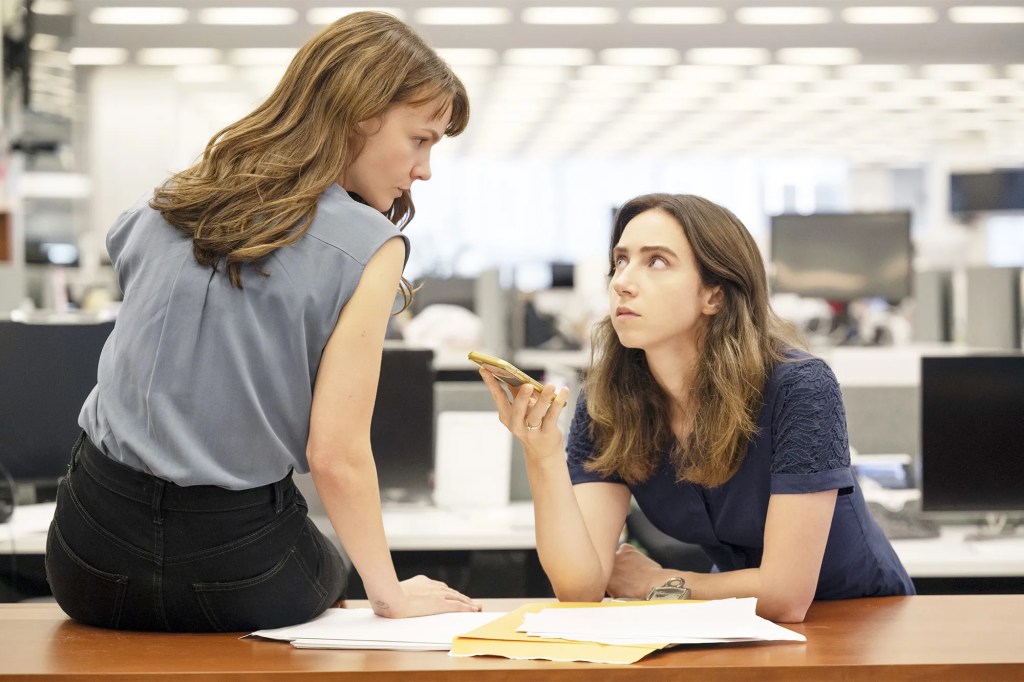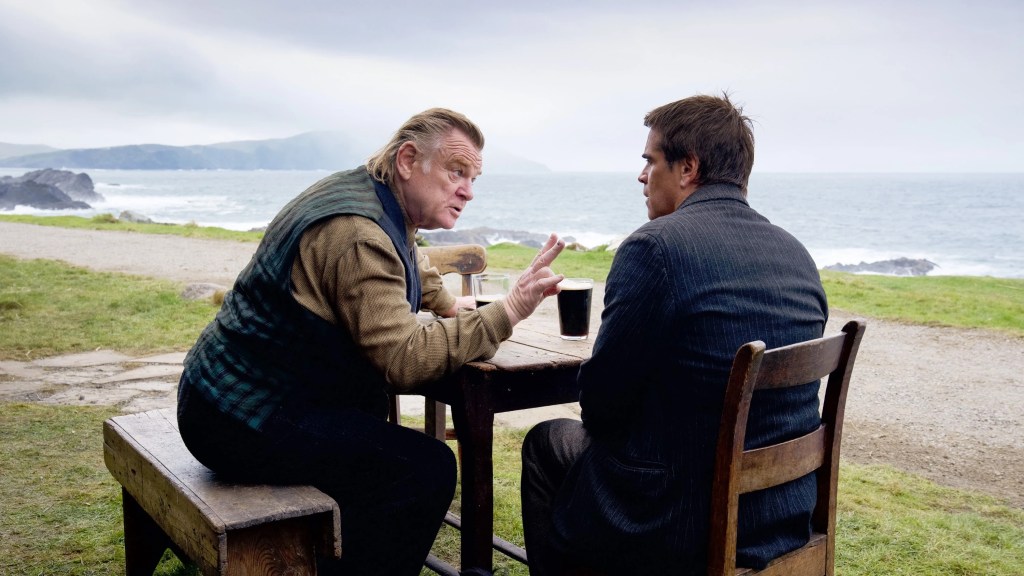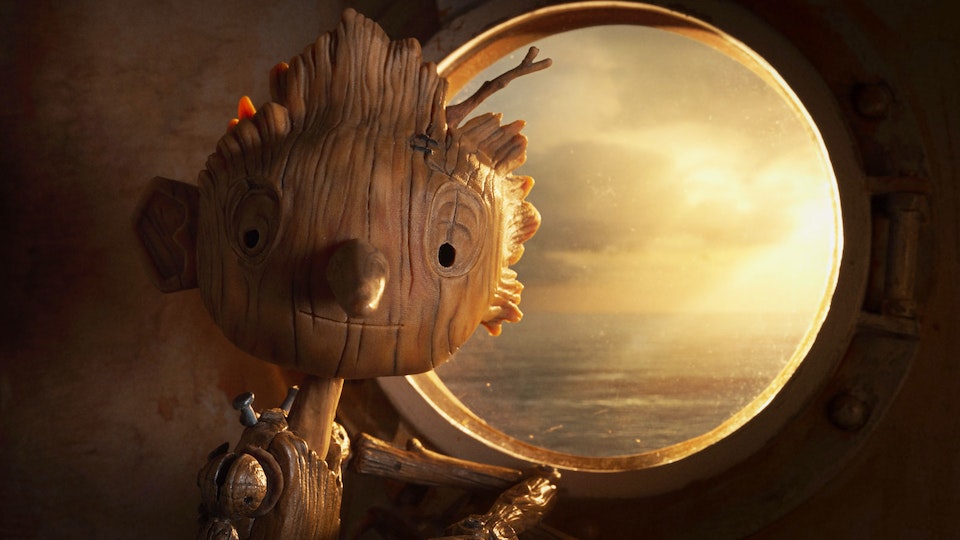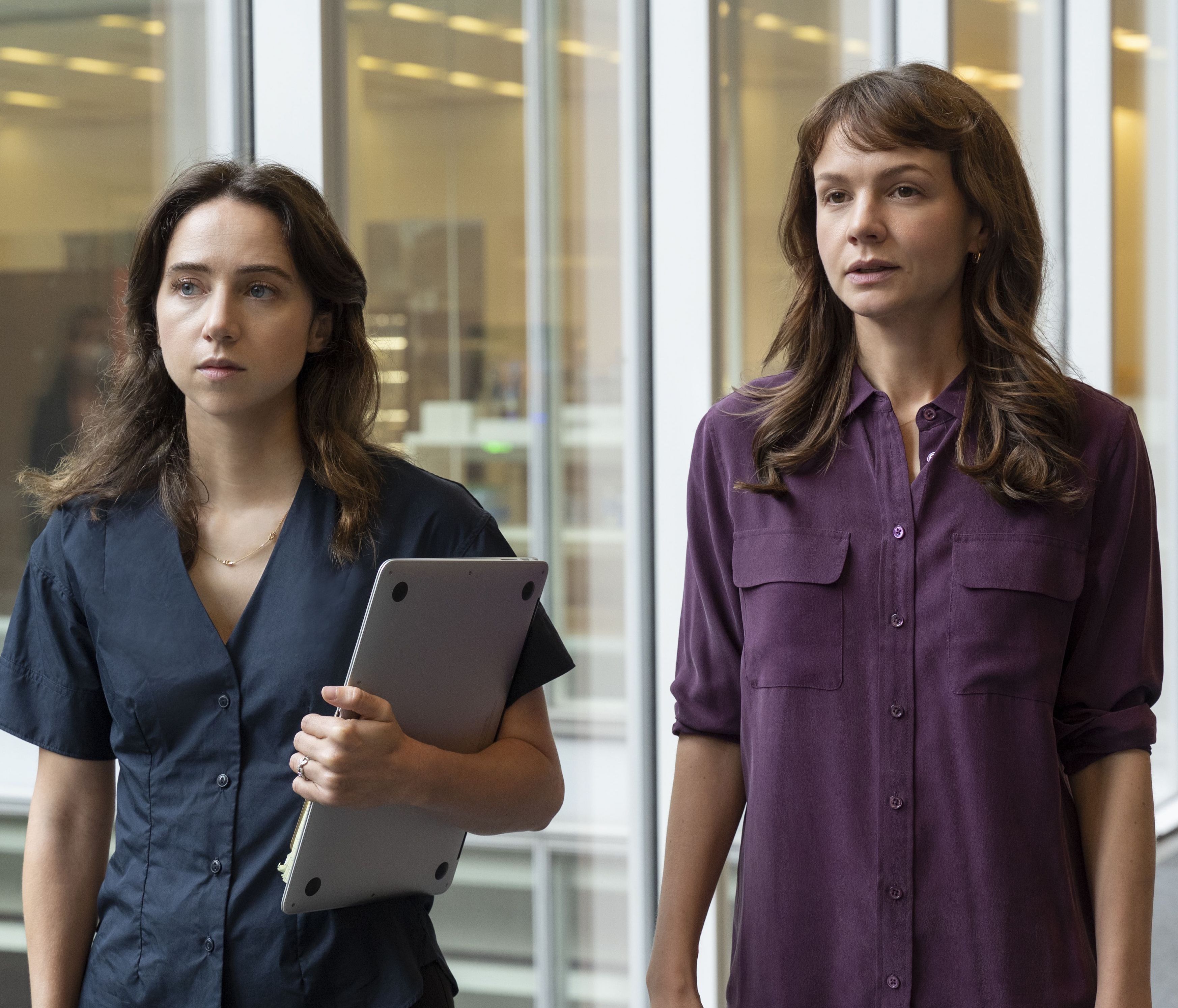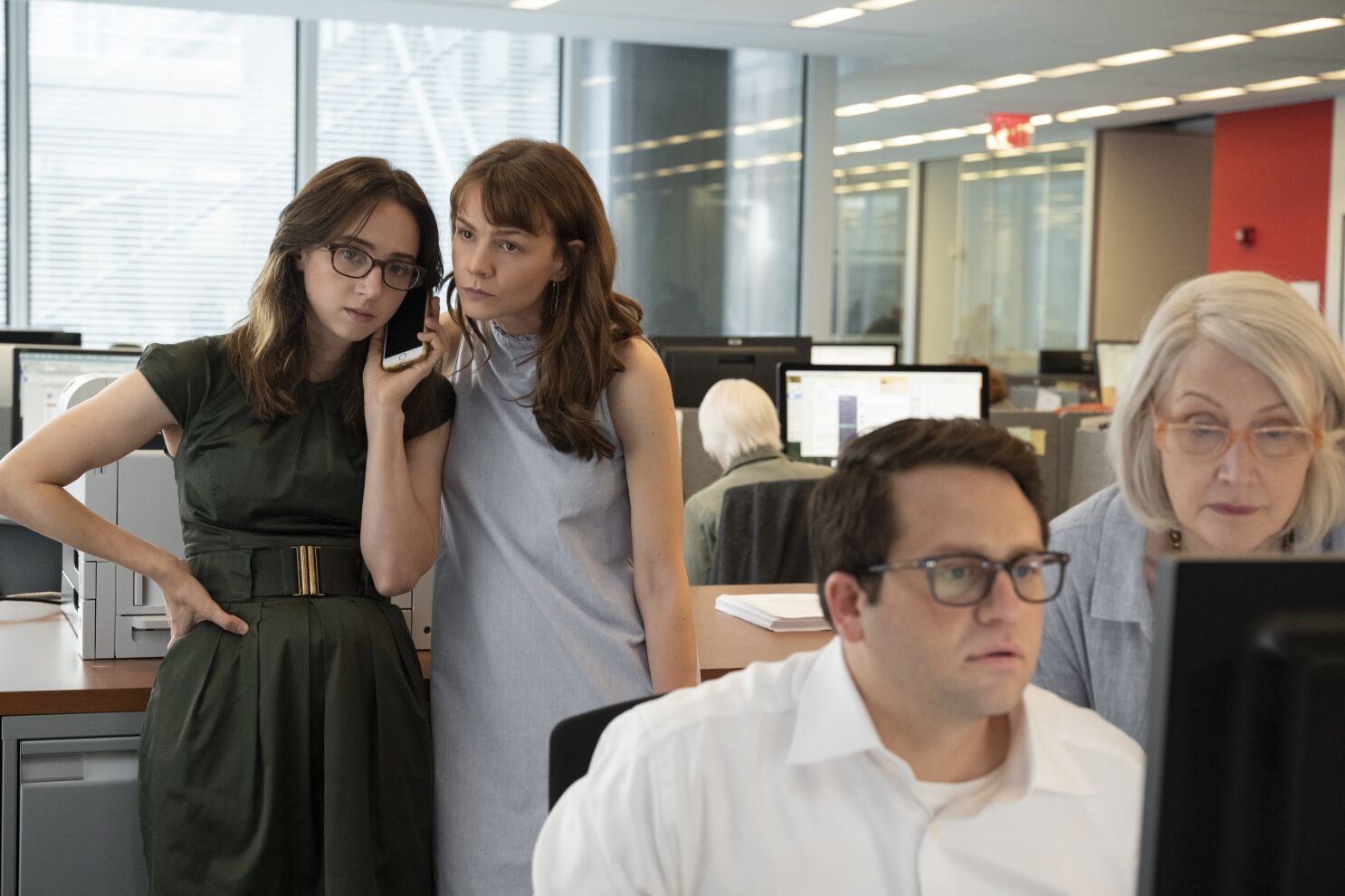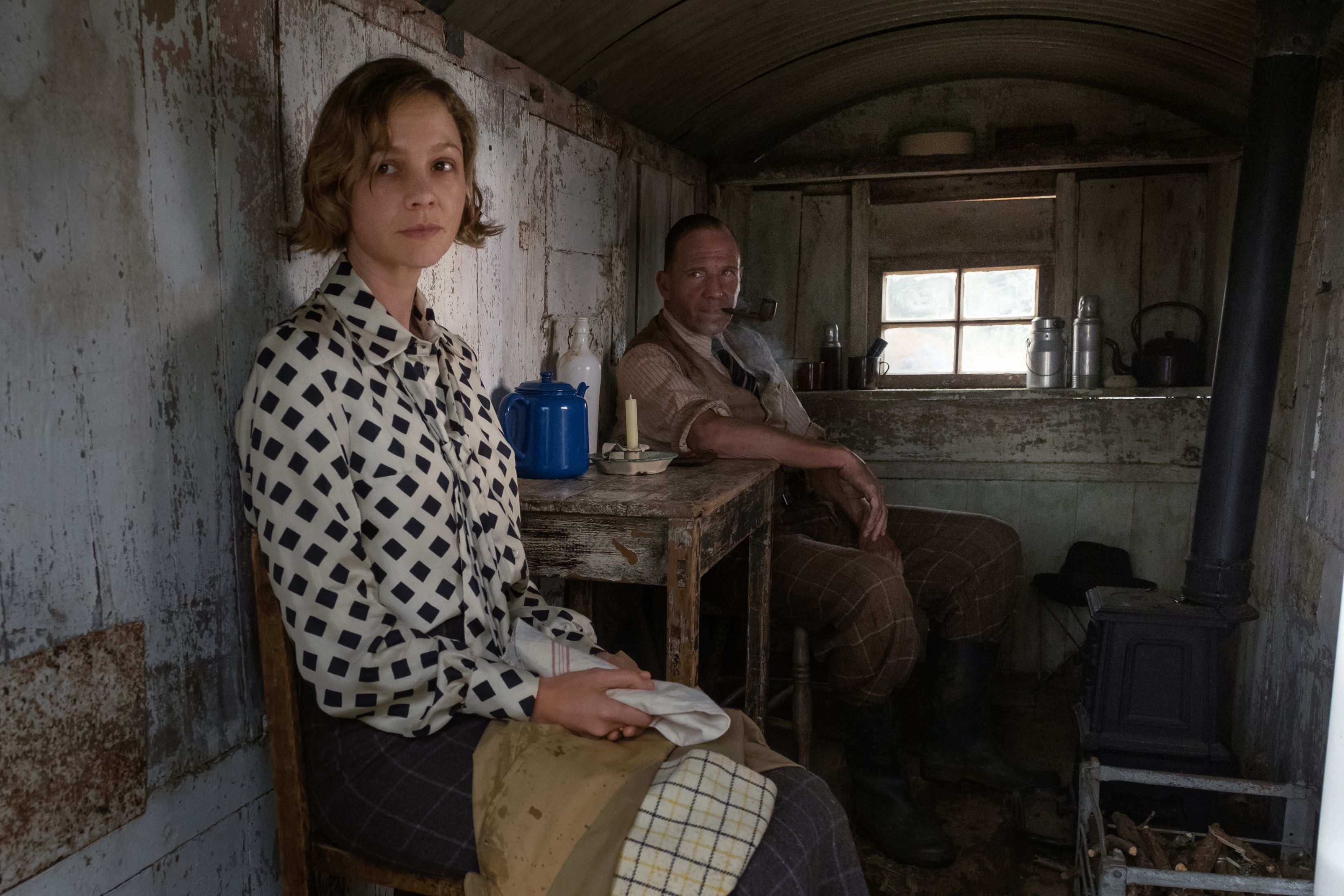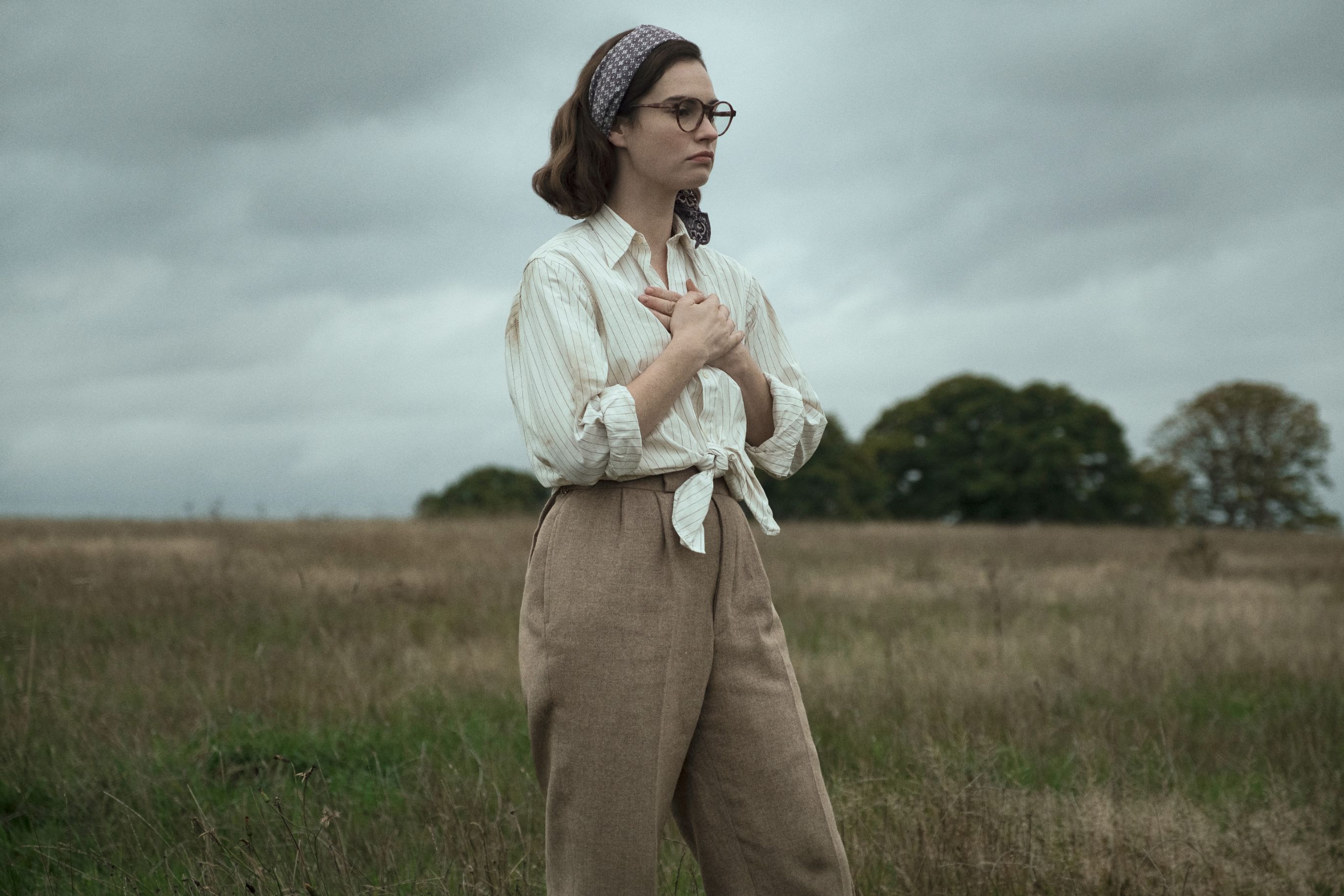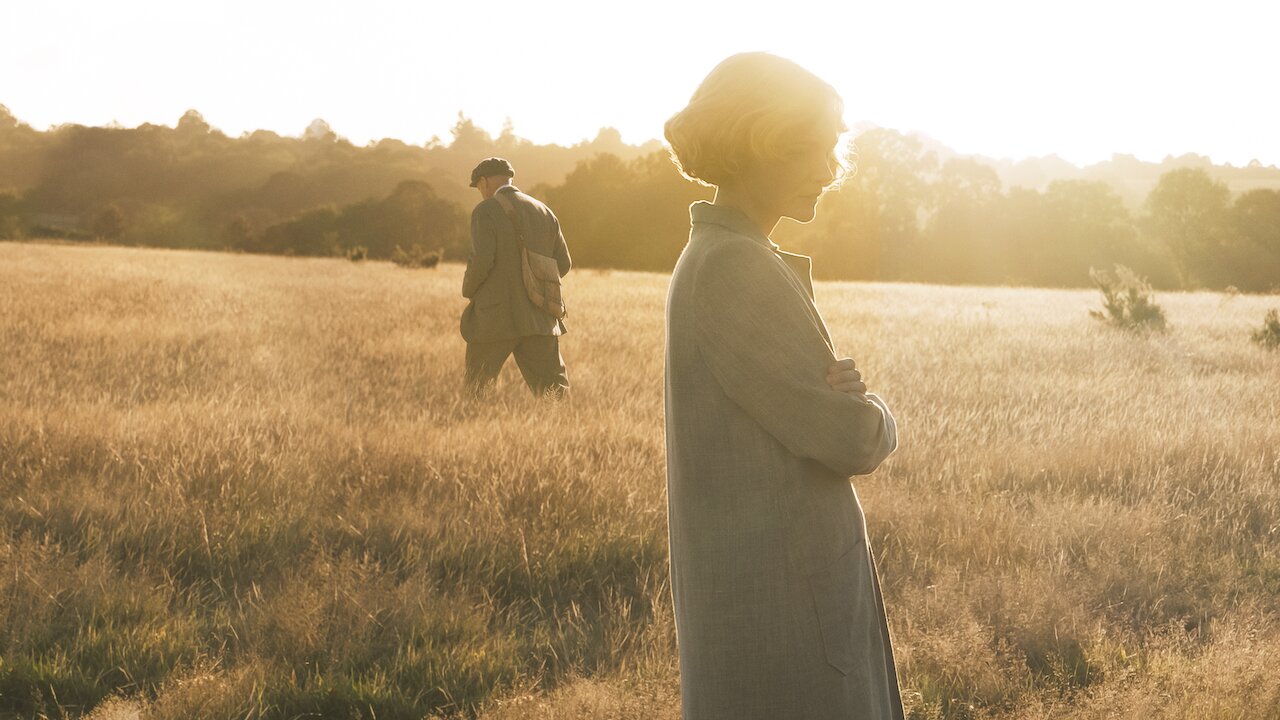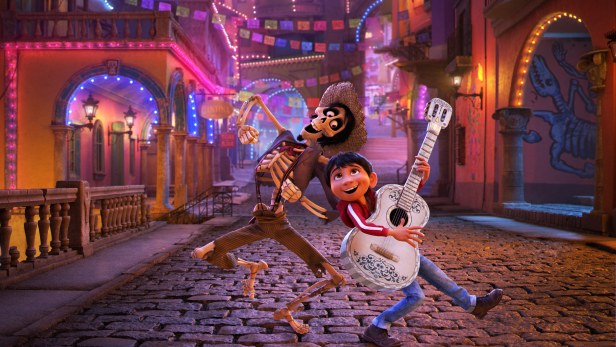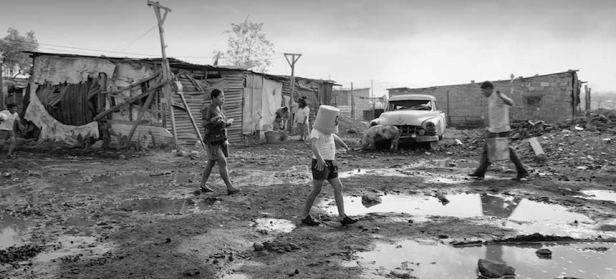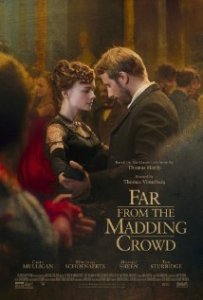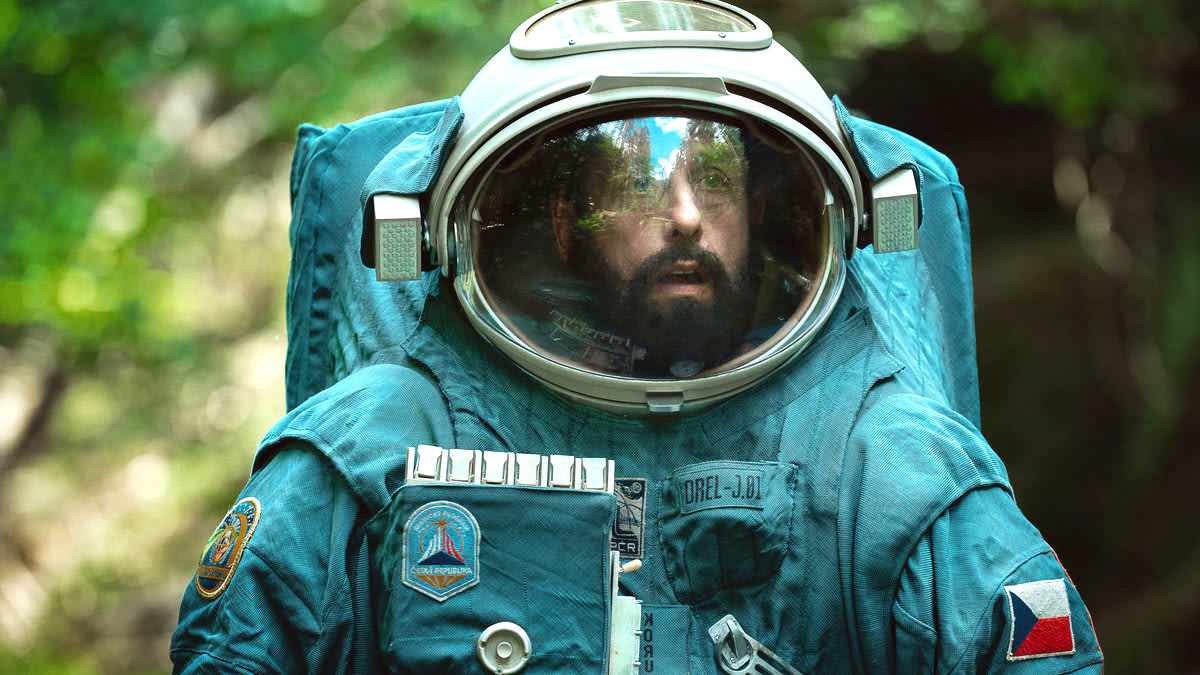
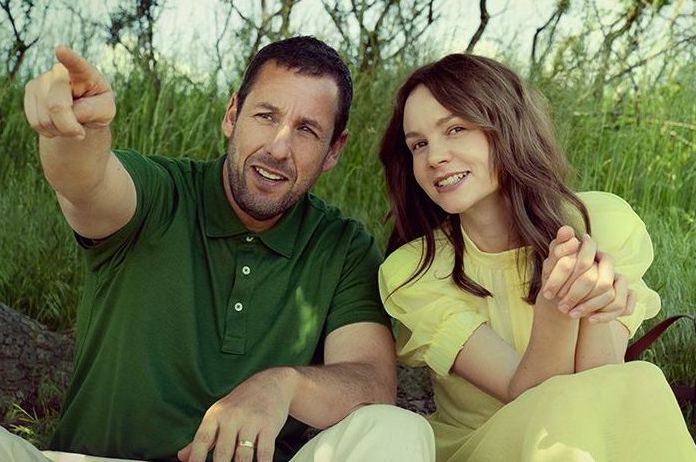
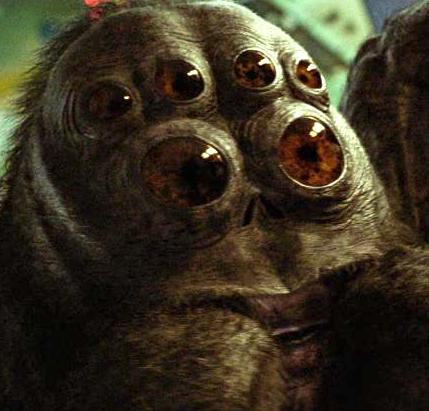
06/03/24
Netflix
Adam Sandler. There, I said it.
Sandler is, of course, best known for his comedies, though these can most politely be described as ‘variable’. More often than not, they seem like an elaborate excuse for Sandler to team up with a bunch of mates and improvise something that feels like it has been literally thrown together. And then, every now and again, out of the blue, he decides to star in something more substantial for a quality director. I’m thinking of the likes of Punch Drunk Love, which he made with Paul Thomas Anderson, and the stone cold masterpiece Uncut Gems, written and directed by the Safdie Brothers, which possibly qualifies as the most stressful couple of hours I’ve spent in the cinema.
Spaceman, directed by Johan Renck and adapted by Colby Day (from a novel by Jaroslav Kalfar), is not in the same league as those two films and yet it’s a sizeable step up from Sandler’s usual offerings, a slow-moving, thoughtful allegory about the distance that can exist between a man and his wife, even when they are physically together.
The Spaceman of the title is Jakub, a Czech cosmonaut, currently on a six-month mission to visit (and take samples from) the mysterious Cloud of Chopra, somewhere beyond Neptune. At home, his pregnant wife, Lenka (Carey Mulligan), is falling out of love with him, because he’s been distant in so many ways -even before he set off on his current voyage.
Jakub is nonplussed to discover that his regular calls to Lenka are going unanswered. He’s even more bewildered to learn that he has a stowaway aboard his spaceship – a huge alien spider, who can talk and is memorably voiced by Paul Dano. (Arachnophobes, take note: this film may not be for you!)
Most movies of this kind would pitch the alien as a voracious predator, with no higher motive than to chow down on the spaceship’s other occupant, but this creature (whom Jakub names Hanûs) turns out to be a gentle and communicative beast, who soon takes on the role of a kind of life coach, offering Jakub advice about all manner of things, including his failing marriage. It’s the sheer unexpectedness of this approach that grabs me most. As the mission steadily unfolds, we begin to learn more about the event that caused the rift between Jakub and Lenka. Can it ever be repaired?
Spaceman won’t be for everyone. For one thing, it moves at a glacial pace, Jakub’s journey interspersed with flashbacks to his courtship of Lenka and occasional cutaways to her present day conversations with her mother, Zdena (Lena Olin). There’s a lot of footage of the mysterious Cloud of Chopra, which – though pleasant enough to look at – soon starts to feel suspiciously like filler.
I will also confess to being initially confused by the ending, but with a little thought it soon makes perfect sense. Overall, Spaceman is an interesting little film with a fascinating premise. Though flawed, it’s light years ahead of Sandler’s customary output.
3.6 stars
Philip Caveney

